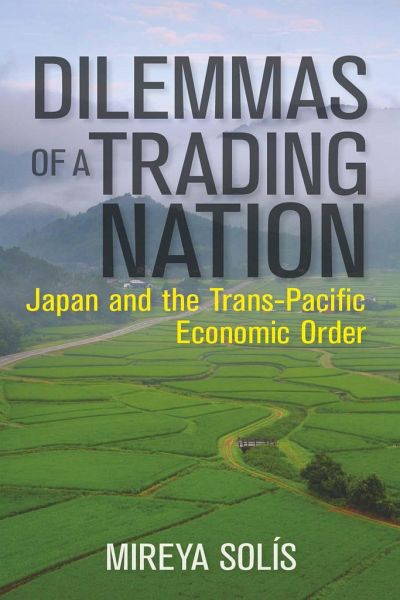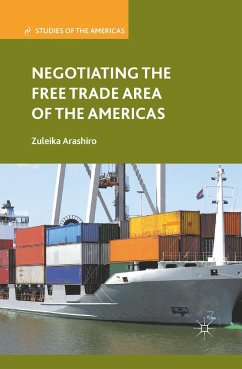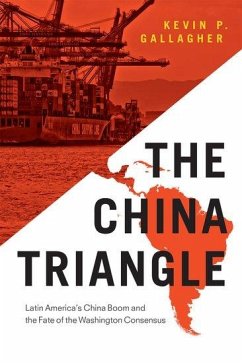Nicht lieferbar

Dilemmas of a Trading Nation
Japan and the United States in the Evolving Asia-Pacific Order
Japan and the United States face difficult choices in charting their paths as trading nations. Tokyo has long aimed for greater decisiveness, seeking to undertake meaningful internal reforms to override vested interests and foster productivity. At the same time, it has also strived to acquire a more influential voice in trade negotiations. Across the Pacific, a new U.S. administration has rejected the Trans-Pacific Partnership trade treaty, a consequence of the fraying domestic consensus in favor of the internationalism essential to sustain Washington's role as a leading champion of free trade...
Japan and the United States face difficult choices in charting their paths as trading nations. Tokyo has long aimed for greater decisiveness, seeking to undertake meaningful internal reforms to override vested interests and foster productivity. At the same time, it has also strived to acquire a more influential voice in trade negotiations. Across the Pacific, a new U.S. administration has rejected the Trans-Pacific Partnership trade treaty, a consequence of the fraying domestic consensus in favor of the internationalism essential to sustain Washington's role as a leading champion of free trade. In Dilemmas of a Trading Nation, Mireya Solís offers a new understanding of the domestic politics of trade policy, bringing to light the vexing tradeoffs that emerge from the pursuit of desirable, but to some extent contradictory, goals: economic competitiveness, social legitimacy, and political viability. This broad analytical framework underscores the inherent tensions of trade policy design and illuminates the difficult choices that many countries face in an era of intensified questioning of globalization's payoffs. For Japan and the United States, trade policy has catapulted front and center to the national conversations taking place in each country about their desired future direction-economic renewal, a relaunched social compact, and projected international influence. Solís underscores the global consequences of these defining trade dilemmas for Japan and the United States: decisiveness, reform, internationalism. At stake is the ability of these leading economies to upgrade international economic rules and create incentives for emerging economies to converge toward these higher standards. At play is the reaffirmation of a rules-based international order that has been a source of postwar stability, the deepening of a bilateral alliance at the core of America's diplomacy in Asia, and the ability to reassure friends and rivals of the staying power of the United States. In the execution of trade policy today, the world is witnessing an international leadership test dominated by domestic governance dilemmas.














